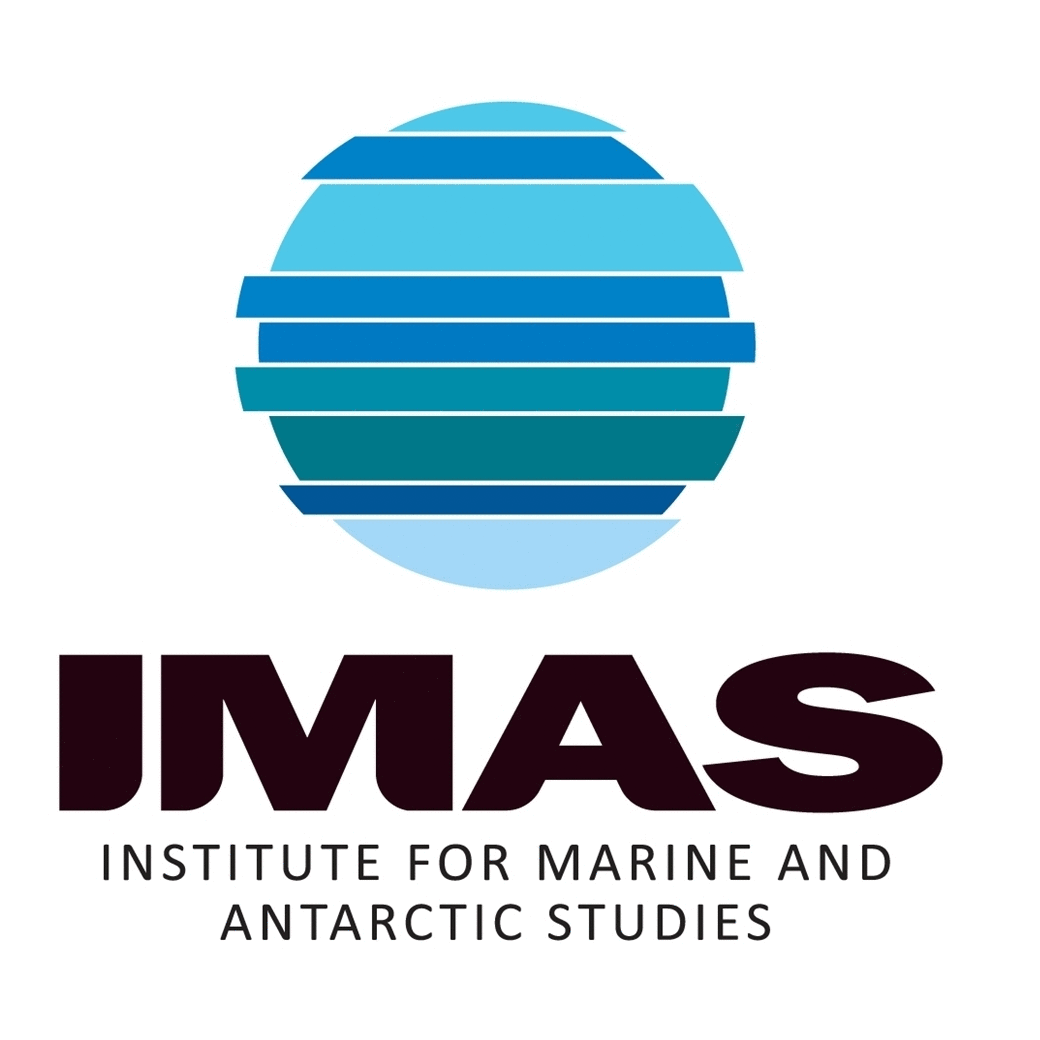CULTURAL FEATURES
Type of resources
Topics
Keywords
Contact for the resource
Provided by
Years
-
Ecosystems provide numerous services and benefits to society. While historically overlooked, these services are increasingly recognized and are now being mapped and accounted for. There are several approaches to mapping and evaluating these ecosystem services. In this report, we use two increasingly common approaches, Ocean Accounting and Welfare Economics, to evaluate ecosystem services for the Great Southern Reef. The Great Southern Reef is a network of rocky reefs dominated by temperate algal forests known as kelp. It spans over 8,000 Km of coastline and supports two thirds of the Australian population. Despite its presumed importance, there has been little work quantifying the extent and value of the ecosystem services provided by the Great Southern Reef. Through a systematic review we assessed the current state of knowledge of the ecosystem services provided by the Great Southern Reef. Using the Common International Classification of Ecosystem Services (CICES) framework, we created an overview of the ecosystem services (provisioning, regulating, and cultural) provided by the Great Southern Reef in New South Wales, Victoria, Tasmania, South Australia, and Western Australia. We then created metrics to quantify how these services benefit coastal societies in these five states. Highlight summaries include over 17 million Australians who live within 50 Km of the reef, 26 wild seaweed harvest companies, 115 tourism SCUBA operators, 1436 mapped dive sites, 18 million tourist visits each year, 16 temperate marine biology university programs, 43 books and films, key medical products, 23 tons of harvested seaweed, 1116 grams of carbon per m2 used for growth each year, 2,361 peer-reviewed scientific publications from 1976 to 2022, 186 marine protected areas, 2.16 million recreational fishers, and over 28 commercial fisheries with 20,000 tons of biomass taken each year. We then conducted economic evaluations using these biophysical values and the available information. Using a variety of approaches, we found that the total economic value of the Great Southern Reef was $11.56 billion each year. Individually the values were as follows, commercial fishing (producer surplus - $33.2 million), carbon sequestration (avoided damages - $37.8 million), nutrient cycling (avoided damages - $6,484 million), recreational fishing (consumer surplus - $1,668 million), diving and snorkelling (consumer surplus - $403 million), other recreational activities (consumer surplus $1,836 million), and the existence value (consumer surplus - $1,096 million).
-

This record provides an overview of the NESP Marine and Coastal Hub Research Plan 2024 project "An Indigenous-led approach to advance the health and wellbeing of Tebrakunna Country and people of the Coastal Plains nation, north-eastern Tasmania". No data outputs are planned for this project. -------------------- This research is an Indigenous led co-designed project between Melythina Tiakana Warrana Aboriginal Corporation (MTWAC) and the University of Tasmania spanning all four NESP Hubs. It is focusing on Healthy Country Planning (HCP) processes at Tebrakunna as the Coastal Plains Nation are re-connecting to Ancestral land and sea Country. Through MTWAC’s strategic direction, key priorities and areas of interest there is a core focus on concepts surrounding healthy Country and healthy people that will develop throughout the project and contribute to the HCP for MTWAC. MTWAC aims to be a sustainable organisation, manage culture and heritage, and contribute to healing and wellbeing and broader community engagement. To achieve these priorities, through MTWAC-led HCP processes, Western scientists will work closely with MTWAC, including Indigenous Researchers within this community, Tebrakunna Country Ranger Program and HCP Facilitators. The project will assess priority values, targets, threats and viability of land and sea of Tebrakunna Country. We will determine within budget and time constraints where efforts will be best targeted to improve and protect the health of Country and people at Tebrakunna. Monitoring and evaluation, including of the wellbeing of people and Country, through measurable, community-developed goals and strategies will improve capacity and employment opportunities of MTWAC and the Tebrakunna Rangers. Outputs • Report characterising Coastal Country, including threats and opportunities assessment [written] • Co-designed wellbeing framework, methods and tools [written] • Final project report [written] ---no data outputs are planned for this project---
-

This record provides an overview of the NESP Marine and Coastal Hub Research Plan 2024 project "Unbroken whispers: the ripples connecting sea kin". For specific data outputs from this project, please see child records associated with this metadata. -------------------- Knowledge, in all its forms, is key to effectively protecting and recovering threatened and migratory whales and dolphins. Indigenous ecological knowledge (IEK) has guided Indigenous peoples through many uncertain climate and ecological fluctuations. IEK has also been used as part of protected area and species management for many thousands of years. More recently, IEK has shown huge potential to contribute to our understanding of threatened and migratory whales and dolphins, but this knowledge has not historically been collated, analysed or properly considered. Consequently, there is an absence of Indigenous perspectives and use of cultural knowledge informing the protection and recovery of EPBC listed threatened and migratory species. This Indigenous-led project will identify and share (where appropriate) cultural knowledge of relationships with whales and dolphins, and connections between land, sea and sky. Indigenous communities will participate in research that explores cultural ideology around kinship and responsibilities to kin, through expressing the knowledge, values and concerns they hold for whales and dolphins. The acquired knowledge and methods will support the cultural governance of sea Country by Indigenous communities and organisations, and policymaking, implementation and review by government agencies in relation to resource use and conservation. Outputs • GIS visualisation package of key geospatial layers related to connecting land and sea in the context of cultural keystone species [dataset] • Final project report [written]
 IMAS Metadata Catalogue
IMAS Metadata Catalogue